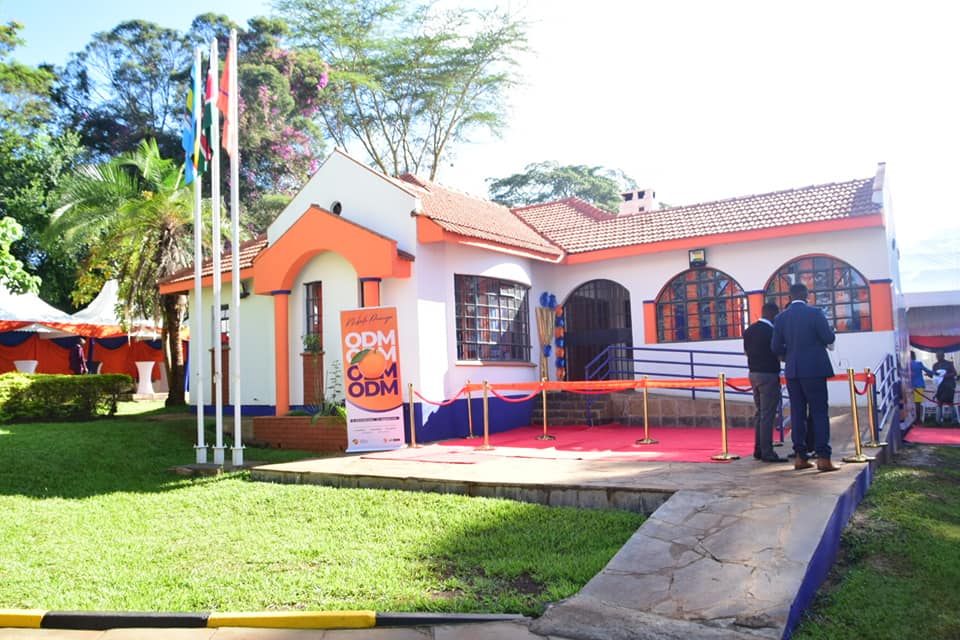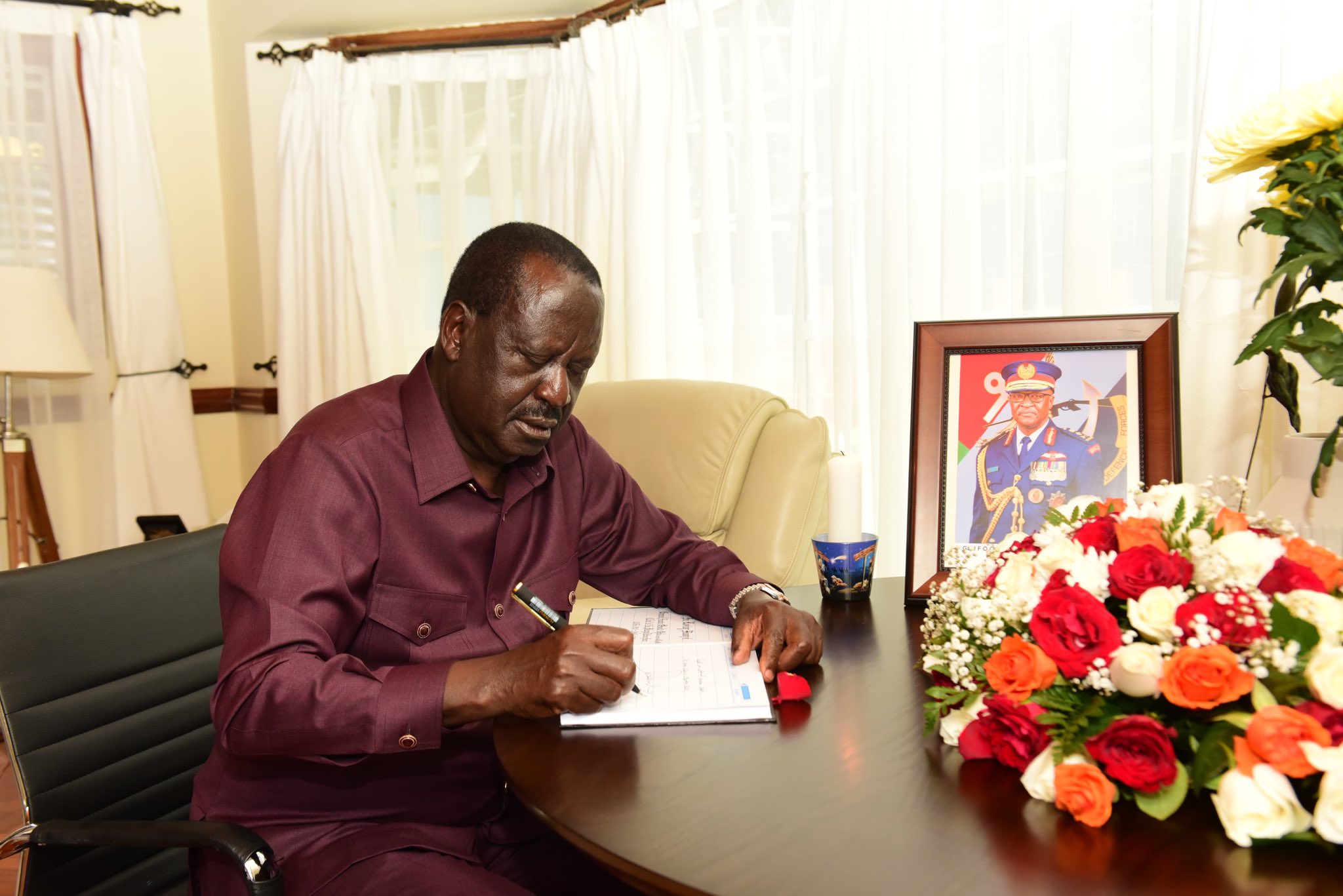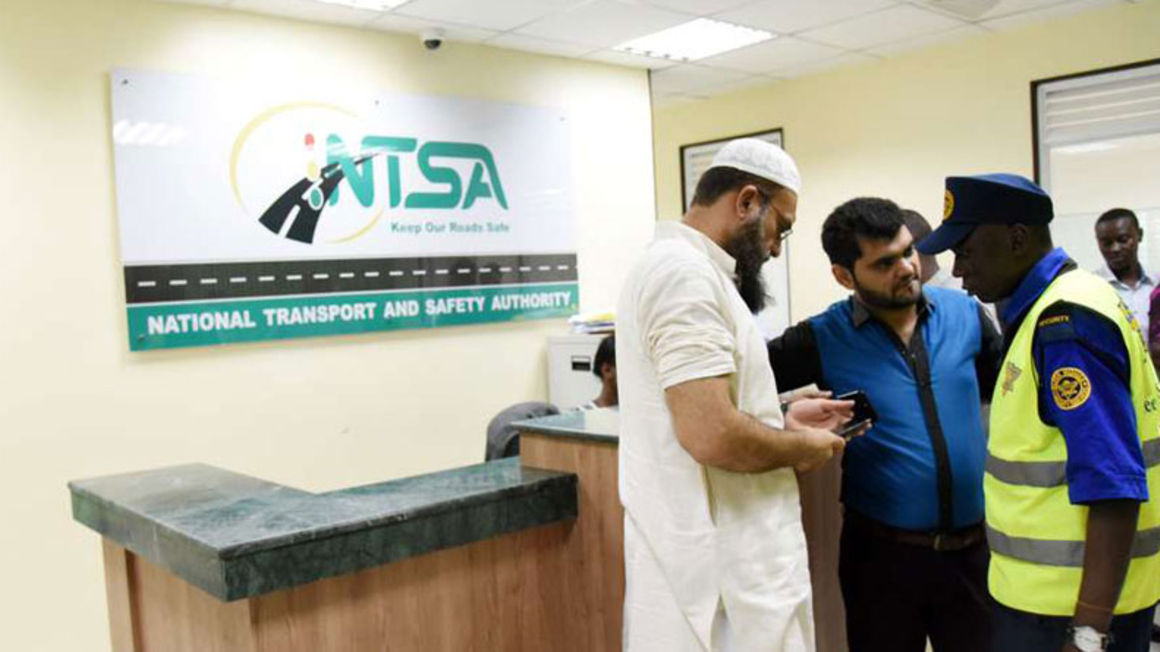Amani National Congress (ANC) party leader Musalia Mudavadi entered politics in 1989, aged 29 when his father Moses Mudavadi died.
Musalia was then persuaded to leave his practice as a land economist and take up his father's seat as Sabatia MP.
His father's close ties with President Daniel Moi ensured that his political career was fast-tracked and Mudavadi was appointed to the cabinet soon after his election to parliament.
Mudavadi served as finance minister between 1993 and 1997. However, his time at treasury was tainted by the Goldenberg scandal which begun during the time of his predecessor the late Professor George Saitoti.
Mudavadi was condemned for approving further payments to the architect of the scam which remains the largest economic fraud in Kenya's history.
Millions of dollars were looted from the treasury to offer compensation to a scheme where individuals were paid for exporting gold, even though Kenya has no commercial gold deposits.
Although the 2006 Goldenberg Commission of Inquiry noted that Mudavadi was not directly involved, the question remains how such large sums of money could have been siphoned off under his nose without his knowledge.
In the run up to the 2002 general elections, many thought it was time for him to dump Kanu for the opposition, where he stood a chance of winning the presidency.
Instead, Mudavadi agreed to President Daniel Moi's plans and backed Uhuru Kenyatta for the country’s top most job.
Mudavadi was hurriedly appointed vice-president when parliament had already been dissolved, however, his short stint in power was short-lived and Mudavadi holds the record of serving the shortest period as Kenya's vice-president - just two months.
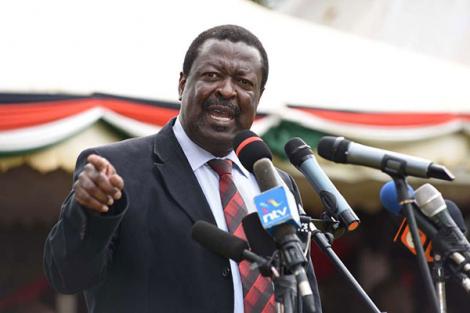
File Image of Musalia Mudavadi
Mudavadi and Uhuru were defeated at the 2002 polls following the historic election victory of President Mwai Kibaki.
Worse still, he was humiliated by Moses Akaranga, a little-known preacher who clinched the parliamentary seat in western Kenya which Mudavadi had held for more than 10 years.
Mudavadi's political career was rejuvenated in 2005 when he aligned himself with Raila Odinga, who later in 2007 picked him as his running mate for the Presidency.
In the same polls he reclaimed his parliamentary seat and was subsequently appointed deputy prime minister and local government minister.
In 2012, Mudavadi fell out with Raila over a clause in the Orange Democratic Movement manifesto which gave the party chairman, Raila, the automatic right to be the presidential candidate.
He announced that he would be standing for president himself on the ticket of the United Democratic Front, whose most influential backers are thought to be close to State House and then President, Mwai Kibaki.
This move has been seen as a betrayal of Raila, the man who revived Mudavadi's political career.
The Luhya nation largely backed Raila in the previous election and so Mudavadi's candidacy was viewed as a possible split of the western vote.
Some commentators labelled him as a project of powerful forces keen to block Raila's ascent to presidency.
However, Mudavadi was briefly wooed by Uhuru through the Jubilee Alliance but he backed out when it became clear that he would be expected to play second fiddle again.
This episode earned the ANC leader a reputation for being easily gullible.
Kenyans were incredulous that he appeared to believe that Uhuru would step down in his favour.
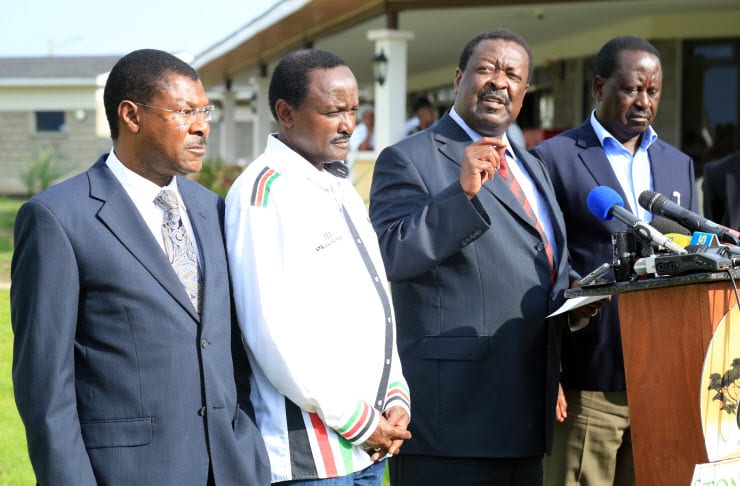
File image of former National Super Alliance (NASA) coalition leaders Raila Odinga, Kalonzo Musyoka, Musalia Mudavadia and Moses Wetangula.
Read More
In 2015, Mudavadi formed his own party that would take him to the presidential race come 2017. ANC which has declared him its presidential flag bearer teamed up with Raila's ODM, Kalonzo Musyoka's Wiper party, Moses Wetangula's FORD Kenya and Isaac Rutos CCM to form the National Super Alliance. (NASA).
Mudavadi has struggled to rally his home region of western Kenya to back his presidential bid.
This is even after COTU boss Francis Atwoli fronted him as spokesperson of the luhya nation in the run up to the 2017 General elections.
Support from elsewhere in the country has been lukewarm.
His supporters view him as a sober, moderate and non-combative politician - a safe pair of hands.
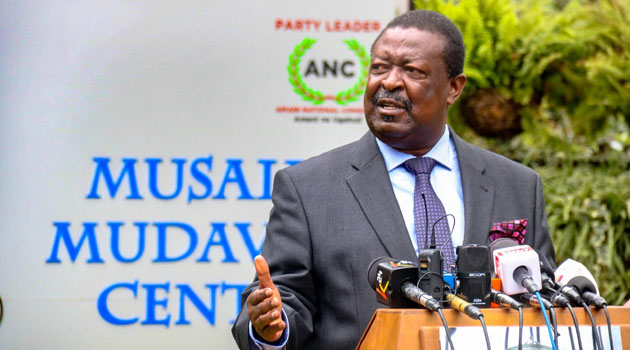
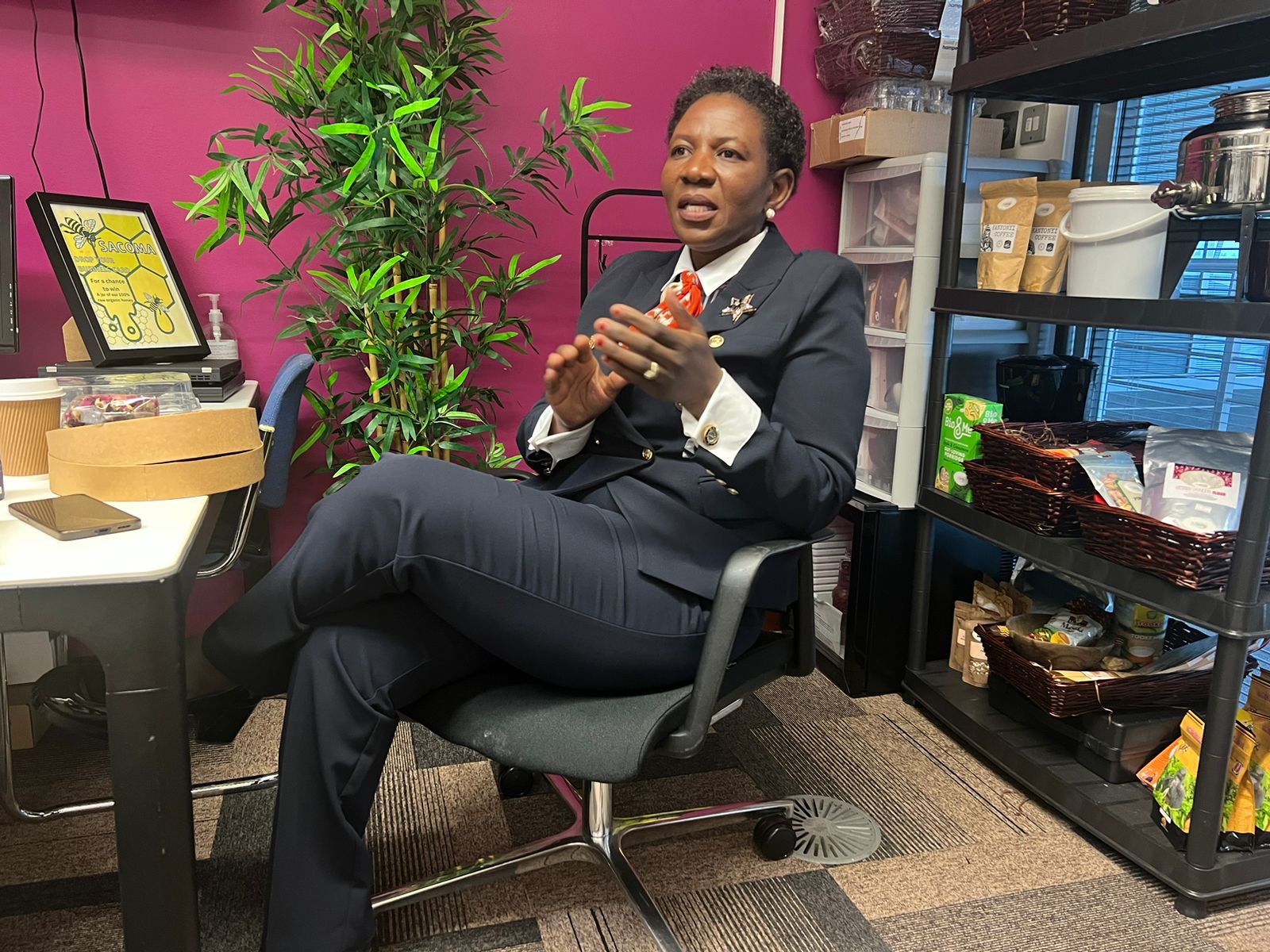
-1702720543.jpg)
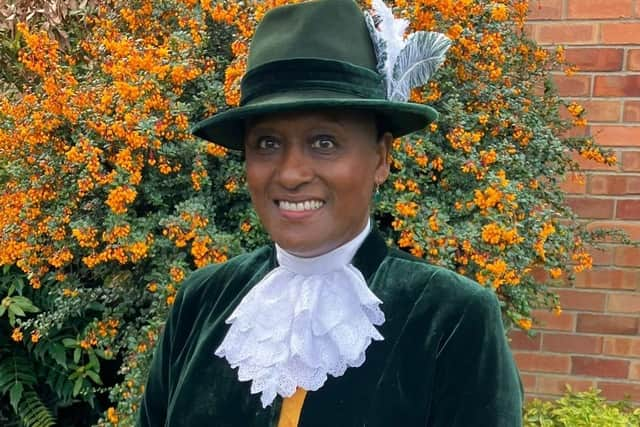
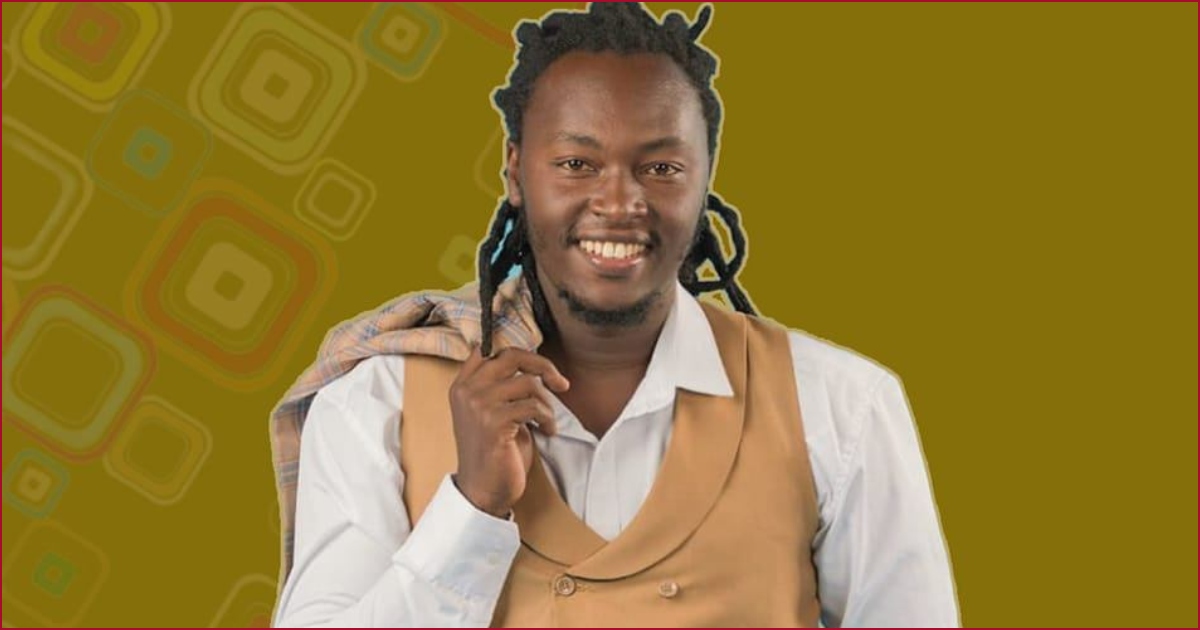
-1713536678.jpg)
-1710390248.jpg)
